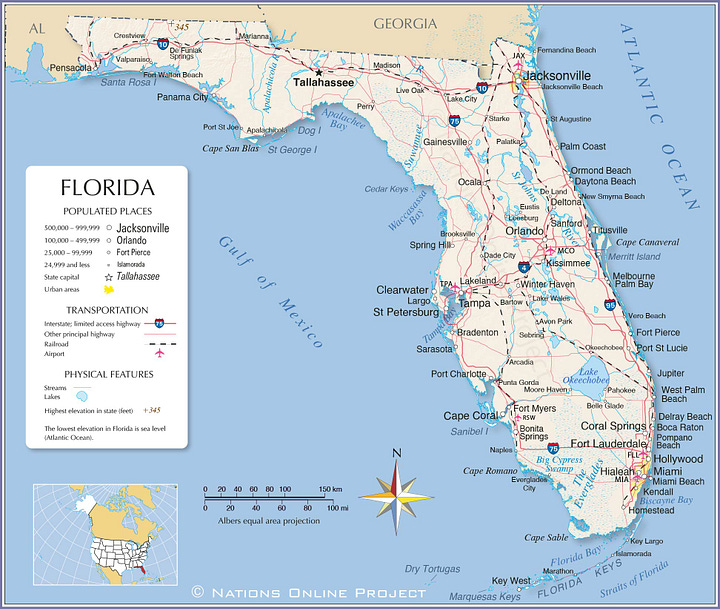Bully


Anyone who knows me knows that I have a rather acrimonious relationship with the State of Florida that dates back to the time my grandmother and I got trapped in a store in Kissimmee. I was three years old, the power went out and the doors wouldn’t open. We weren’t trapped long, but my grandmother’s angry response to there not being any emergency …
Keep reading with a 7-day free trial
Subscribe to Nick Rafter Writes to keep reading this post and get 7 days of free access to the full post archives.




